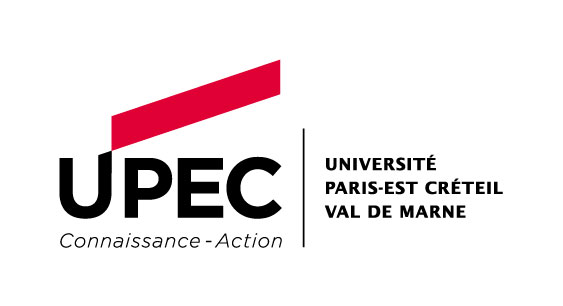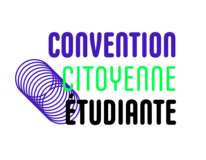The University of the Future, the Future in Common(s)
#CCE2023 The Student Citizens Assembly 2023
Changes at "Eco-jobs for students"
Title
- +{"fr"=>"Eco-jobs for students"}
Body
-
+["
The Challenge: The university faces a pressing issue of scarcity of human resources for ecological transition, with only one person dedicated to this vital work. A more efficient and sustainable solution is proposed.
Our Solution:Our project is designed to bridge this gap in human resources, addressing the ecological transition at UPEC through a multifaceted approach that includes training, employment opportunities, and enhanced environmental awareness.
Objectives:
- Develop a skilled eco-transition workforce.
- Provide students eco-friendly job options.
- Promote environmental awareness and eco-transition.
Our Approach: The project offers comprehensive training in ecological transition to interested students, who can work part-time at the university for up to 20 hours per week, earning points for Crous facilities.
Activities:
To achieve our goals, we will:
- Partner with eco-NGOs for student training and Crous for meal incentives.
- Promote training program, select motivated students.
- Graduates of our training program will be invited to work at the university for a maximum of 20 hours per week, with each hour worked translating into a specific number of points added to their Izly card, redeemable at Crous facilitie.
Challenges and Solutions: While implementing these activities, we are mindful of several obstacles that could hinder our progress. To address these challenges effectively, we have developed the following strategies:
Funding:
- Challenge: Securing resources for training and compensation.
- Solution: Partner with local NGOs for free training and collaborate with Crous for reimbursement.
Motivation:
- Challenge: Encouraging student participation.
- Solution: Launch an engaging campaign and offer compensation.
Technical Issues:
- Challenge: Implementing the points system.
- Solution: Partner with Izly and Crous for technical support, engage university IT students for assistance.
.jpg)



